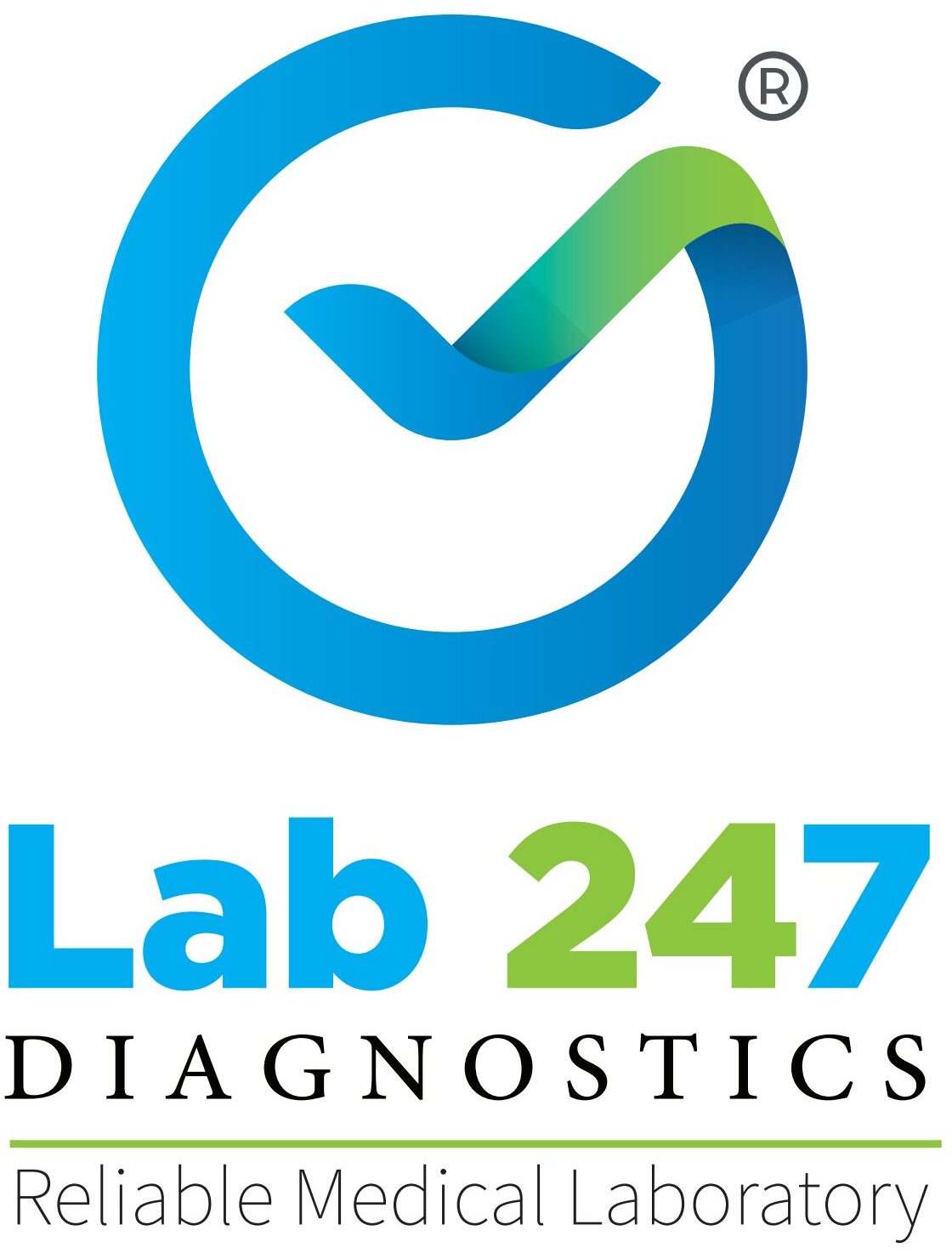Pregnancy Test At Lab 247
Navigating the Waters of Blood Tests: A Layman's Guide to Understanding Your Health
Pregnancy Test At Lab 247, When you step into a medical facility for a blood test, the numbers and acronyms on your blood test report might seem like a secret code. From CBC and ESR to BHCG and GTT, each term holds the key to understanding your body’s current status. But what do these terms actually mean for you and your health? Let’s decrypt this code together, transforming the complex into the comprehensible.
Ever wonder what stories your blood could tell if it could speak? Blood tests are a window into the complex machinations of the human body, revealing vital secrets about our health, potential diseases, and even the miracle of new life. This article aims to demystify some of the most common yet critical blood tests, breaking them into digestible pieces of information. Whether it’s understanding the significance of blood groups and Rh factors or parsing the intricacies of glucose tolerance tests and pregnancy-associated plasma proteins, you’re about to embark on an educative journey through your bloodstream.
Pregnancy Test At Lab 247, Understanding the Basics: CBC and Blood Groups
The Complete Blood Count (CBC): Your Body's Health Barometer
A Complete Blood Count (CBC) is often the starting point for any medical examination. Think of it as a health barometer that provides a snapshot of your overall well-being.
What it Measures:
The CBC quantifies several components of your blood, including red blood cells (responsible for carrying oxygen), white blood cells (the body’s defense mechanism against infections), hemoglobin (the oxygen-carrying protein in red blood cells), hematocrit (the proportion of red blood cells to the fluid component, or plasma, in your blood), and platelets (help with blood clotting).
Why it Matters:
Variations in these counts can indicate a range of health issues, from anemia and clotting disorders to infections and immune system disorders.
Blood Group and RH Factor: Understanding Your Unique Identifier
Just as your fingerprint is unique to you, so is your blood type, determined by specific markers called antigens on the surface of red blood cells.


Significance:
Knowing your blood group and Rh factor (positive or negative) is crucial, especially during blood transfusions, pregnancy, and certain medical treatments, to prevent adverse reactions.
Types:
There are four main blood groups (A, B, AB, and O), each of which can be Rh-positive or Rh-negative.
The Significance of ESR and Blood Chemistry
The Erythrocyte Sedimentation Rate (ESR): A Marker of Inflammation
The ESR test measures how quickly your red blood cells settle at the bottom of a test tube. An elevated rate might indicate inflammation in the body.
Blood Chemistry Tests: A Closer Look at Body's Metabolism
Blood chemistry tests, such as those for glucose levels and electrolytes, provide insights into the body’s metabolic processes.

Delving Deeper: Pregnancy and Nutrition Tests
PAPP-A and BHCG: Early Pregnancy Markers
During pregnancy, several specific tests can provide critical information about the health of the mother and the developing baby.
PAPP-A (Pregnancy-Associated Plasma Protein-A):
A protein produced by the placenta in early pregnancy. Low levels can indicate a higher risk for certain chromosomal conditions or poor pregnancy outcomes.
BHCG (Beta Human Chorionic Gonadotropin):
This hormone’s levels can help confirm pregnancy and assess its viability in the early stages.
The Glucose Tolerance Test (GTT): Screening for Gestational Diabetes
The GTT, involving the ingestion of a glucose solution and subsequent blood sugar level tests, is pivotal in diagnosing gestational diabetes, a temporary condition that can occur during pregnancy.
The Role of Routine Checks: ESR and Urine Analysis
Regular monitoring through tests like the Erythrocyte Sedimentation Rate (ESR) and Urine Analysis can play a significant role in maintaining one’s health.
ESR:
By measuring the rate at which red blood cells settle, this test indirectly monitors inflammation in the body.
Urine Analysis:
This simple test can detect a plethora of conditions, from urinary tract infections to kidney disease and diabetes, by examining the content of your urine.
Conclusion
Blood tests are a vital tool in the medical toolkit, offering a glimpse beneath the surface of our skin into the intricate workings of our bodies. Understanding these tests can demystify medical processes, making us more informed about our health and better equipped to discuss it with healthcare providers. Remember, knowledge is power, especially when it comes to navigating the complex waters of healthcare and wellness.
Knowledge about our bodies empowers us to take control of our health. Decrypt the complex code of blood tests, and take a step closer to understanding your health story.

